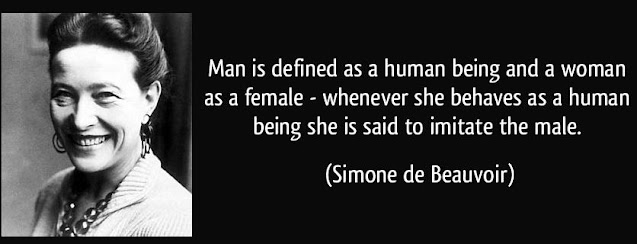There’s A Subtle Difference Between These Phrases.
**Trigger Warning** If this post brings up triggers for you, you can call lifeline 13 11 14.
When I was living with toxic relatives they would often call me selfish. They called me selfish so much that as a young woman I thought I was selfish and this heavily affected my self esteem. After having very little contact with toxic relatives over 4 years I realised that it was my toxic relatives that were selfish and they were projecting their flaws onto me.
Today I was contemplating that word, selfish and whether it can ever be used constructively. I’ve also been studying editing for employment purposes and surprisingly it has also been a tool to heal as well as helping me articulate my voice more. What I realised is that there are two ways to use this word in this kind of context. So here they are.
You can say to a person ‘You’re Selfish’ which is very damaging and also abusive to say to a young child. Some people might not realise this but here’s why this is abusive. You are not capturing the moment in this statement. To a child, you are assigning them an identity of being selfish. Using the word ‘selfish’ as an adjective not only damages the child’s self esteem and identity but in a bid to shed their selfish image they can become overtly selfless and lead themselves vulnerable to being exploited by others. Believing you are a selfish person, thinking it’s part of your identity and not knowing how you can change your selfishness (especially when your not selfish) can be frustrating but can also damage a persons self talk. Feeling like you are an unchangeable selfish person can lead to suicidal ideation which is dangerous.
The other way you can use the word selfish is by saying ‘You’re being Selfish’ and then saying the reasons why that person is being selfish in that moment. This is the constructive way you can use the word selfish because you are not assigning that persons identity. In this context you are using the word selfish as a verb which allows the person to know that since it is a word describing their behaviour at that time, they can change or correct their behaviour. Everyone can act in selfish ways from time to time but it doesn’t define them and that’s why most people don’t get damaged by this word if they are brought up in a loving and supportive environment.
I personally don’t like the word selfish and I don’t use it haphazardly. I think they’re are other ways you can approach someone about their behaviour that is more diplomatic and constructive, but if I do use this word about people I care about then I use it as a verb.
When it comes to describing abusive people I use the word ‘selfish’ as an adjective, not to define them as a person but because they choose not to change, they are letting that word define them and instead of changing their behaviour they project the qualities they don’t like about themselves onto others. These particular people aren’t affected by the word selfish like an impressionable young child is. They ignore the word and lie to themselves that everyone is selfish but them.
Good grammar really can save a persons life and so it’s important to consider your language and how you use it.
If you were triggered by this article or are curious about the links between domestic violence and suicidal ideation then visit this website:
It is an amazing organisation and they not only have an event but they also run programs such as educational programs.
Thank you for talking the time to read this article. :)




Comments
Post a Comment